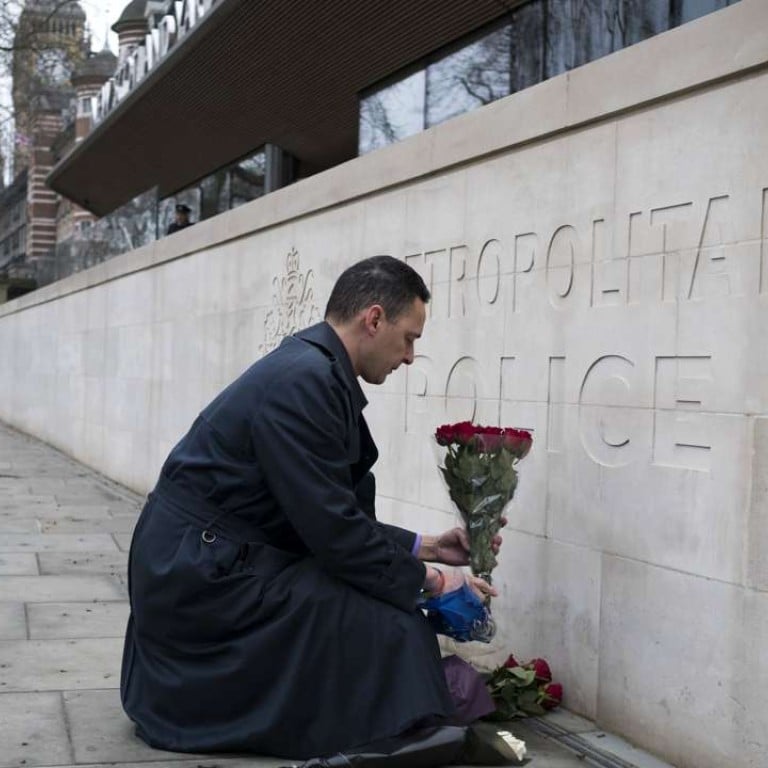
Is Hong Kong ready to combat global terrorism?
Few major cities have been spared from acts of terror in recent years, and Hong Kong’s connections to mainland China give terrorists a potential motive
In January, Hong Kong Commissioner of Police Stephen Lo Wai-chung said during his year-end briefing on the city’s crime situation that there was “no intelligence to indicate that Hong Kong is under imminent threat” from terrorists.
While the terror threat has been “moderate” the past few years, the preparation against global terrorism has still been long in coming.

Hong Kong has always taken global terrorism seriously, a priority that seems even more appropriate after the attack inflicted near the British parliament building yesterday. At least three people were killed and 20 others wounded when a driver ploughed his car into people on Westminster Bridge. He then stabbed a police officer to death before being shot and killed by other officers.

Since 2007 in Hong Kong, anti-terrorism has consistently been a prominent part of Commissioner’s Operating Procedure (COP).
Terrorism, in the words of historian Walter Laqueur, has become “postmodern” in that recruits can include women and children.
Investigations into the assassination in Kuala Lumpur of Kim Jong-nam, the half brother of North Korean leader Kim Jong-un for example, revealed that one of his killers was an Indonesian masseur, recruited and trained by North Korea to handle the deadly VX nerve agent – classified by the United Nations as a weapon of mass destruction.


Anti-terror operations require vigilance. With 5.1 million Hongkongers commuting in the railway system every weekday, the city’s dense population makes it a potential high-casualty target for any terrorist or terror group.
In the last five years, few major cities have been spared, though often plots are discovered early and damage contained. One study showed 45 cities have been the targets of terror attacks since 2016, including Paris, Istanbul, Tunis, Jakarta, Kuala Lumpur, Bangkok, Manila and London.
The madness of Kim Jong-un: What Pyongyang hopes to gain in standoff with Malaysia
But the most worrisome threat, experts say, is “catastrophic terrorism”, acts of violence involving chemical, biological or radiological weaponry.

Asia is no stranger to acts of terrorism. In China, cases of Uygur separatists setting buses on fire and ramming their vehicles into dense population centres began well before attacks in Europe.
Another characteristic of Hong Kong that might draw unwanted attention from terrorists is its connection to China. Beijing’s unifying goals and its stated aversion to separatism and secessionism make it a potential target for radical reactions.
Though an attack on Hong Kong might not be considered a direct attack on China, the prospect of stirring the fears of 1.3 billion Chinese might be enough to motivate determined terrorists.
Contemporary terror campaigns are often presumed to be suicide missions, making them difficult to police and easier to execute. As news of the most recent attacks spread, terrorists are able to use social media to network, communicate and hone their skills for future assaults.
Why some Chinese-Americans agree with Trump’s ‘Muslim travel ban’
It is high time that Hong Kong educates its citizens about the potential of terrorism, “catastrophic” or otherwise. Residents need to be educated about how to take sensible precautions, and at the same time prepare for the worst. Such vigilance can serve to deter terrorists from choosing Hong Kong as their next target.
Phar Kim Beng is a former scholar of the Japan Foundation and president of Echo Strategic Insight

